In this talk titled ‘The Oneness of Humankind: What Is It and Why Should We Care?’, International Law Professor and former United Nations prosecutor, Dr. Payam Akhavan, reflects on how the oneness of humankind, one of the central principles of the Baha’i Faith, is more than simply a lofty idea, but rather is a matter of existential necessity for our survival as a species.
Payam Akhavan PhD (Harvard) is a Professor of International Law at McGill University in Montreal, Canada. He is a Member of the International Court of Arbitration and a former UN prosecutor at The Hague. His prior academic appointments were at Yale, Oxford, Paris, and Florence, and he has served with the United Nations in Bosnia, Cambodia, Guatemala, Rwanda, and other conflict zones. He is a founder of the Iran Human Rights Documentation Center, and he has also produced and contributed to several notable documentary films on human rights. His global career has been featured in the New York Times, BBC World’s HardTalk, Maclean’s magazine, Toronto Star, and Brazil’s TV Globo. In 2005, he was selected by the World Economic Forum as a Young Global Leader. In October 2017, he delivered the Canadian Broadcasting Corporation’s Massey Lectures. The companion book, a memoir entitled ‘In Search of a Better World: A Human Rights Odyssey‘, became the #1 bestseller (non-fiction) in Canada.
This talk was given at the Grand Canyon Baha’i Conference, 24 December 2017.
You can find the audio version of this talk here on Baha’i Blog’s Soundcloud page: “The Oneness of Humankind: What is it and Why Should We Care?” a Talk by Payam Akhavan
You may also enjoy Dr. Payam Akhavan’s keynote presentation given at the same conference: ‘What are We Waiting For? Serving Humanity in a World of Extremes’ a Talk by Dr. Payam Akhavan
For more Baha’i-inspired talks, you can visit Baha’i Blog’s Soundcloud page: soundcloud.com/bahai-blog/sets/bahai-talks, or Baha’i Blog’s YouTube channel: http://bit.ly/2ia1Yxp.
Posted by
Naysan is passionate about using the arts and media to explore the teachings of the Baha’i Faith. Back in 2011, Naysan started up the Baha’i Blog project, channeling his experiences in both media and technology companies to help create a hub for Baha’i-inspired content online.








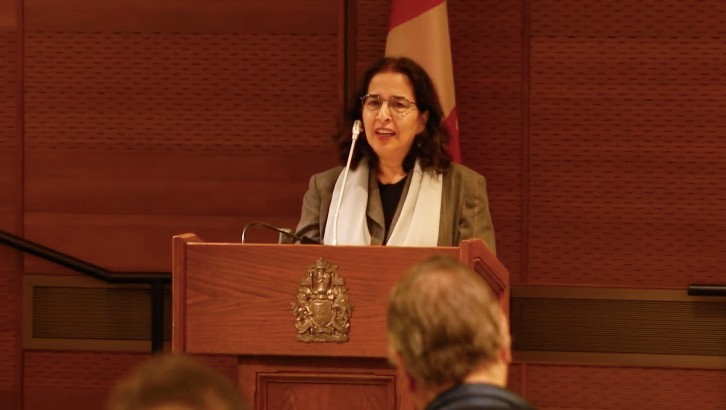
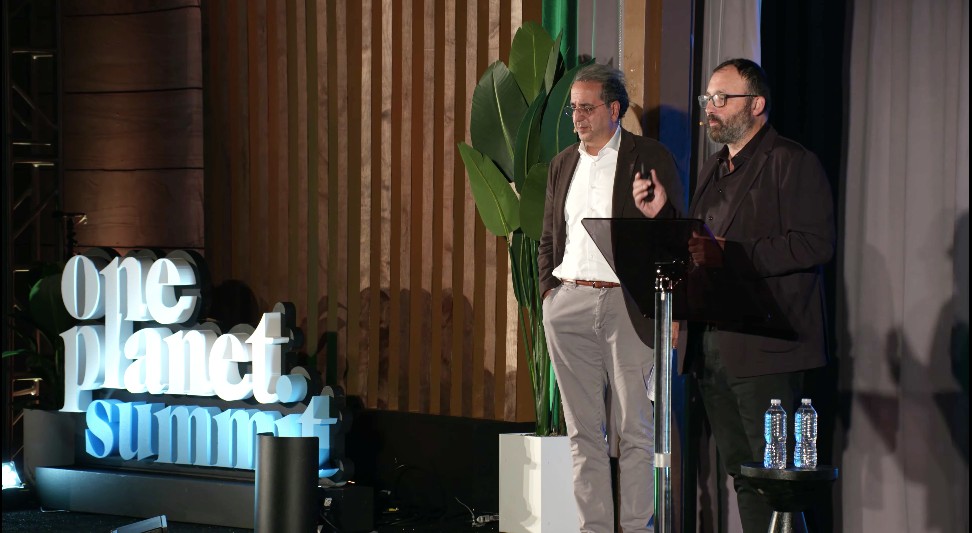
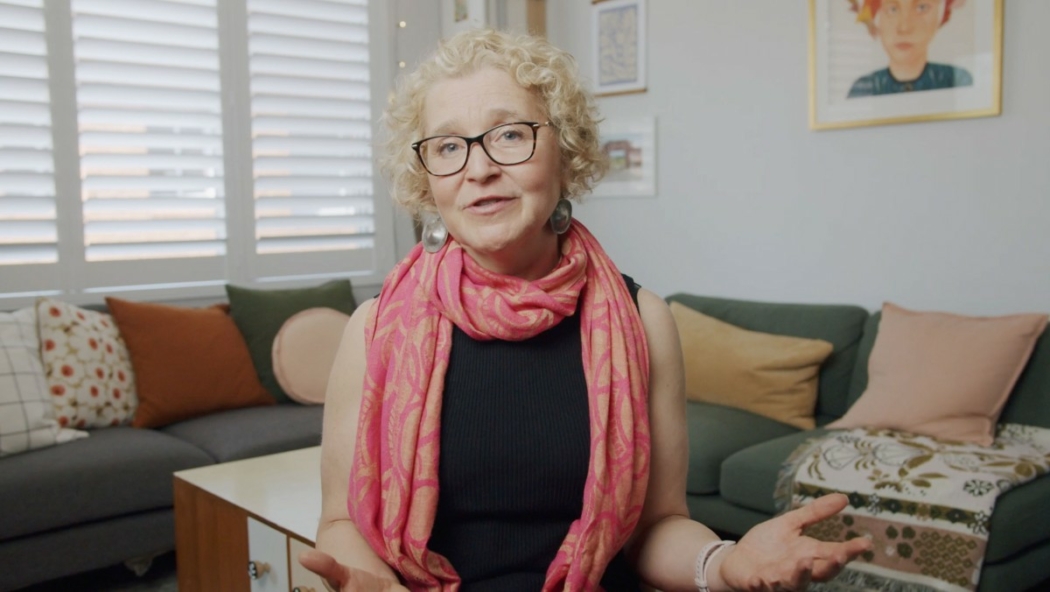
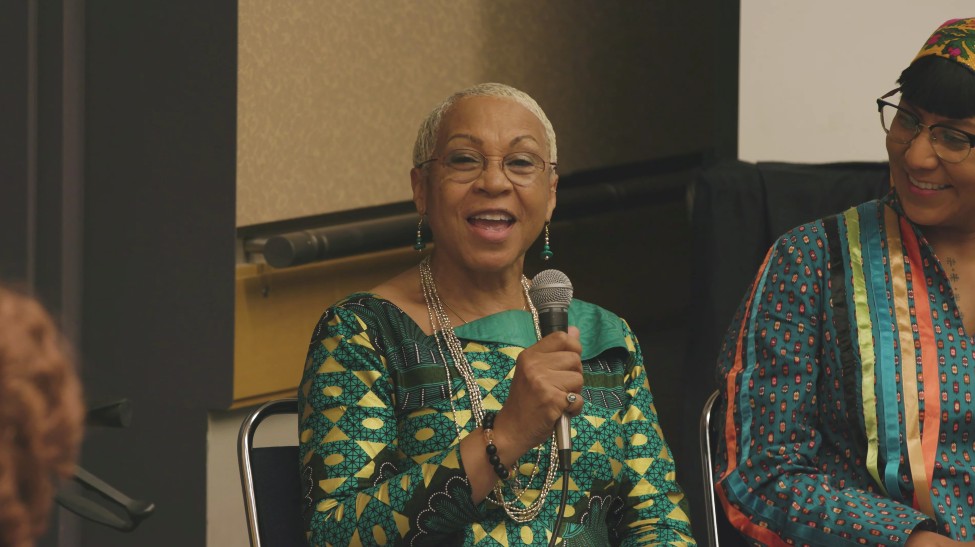
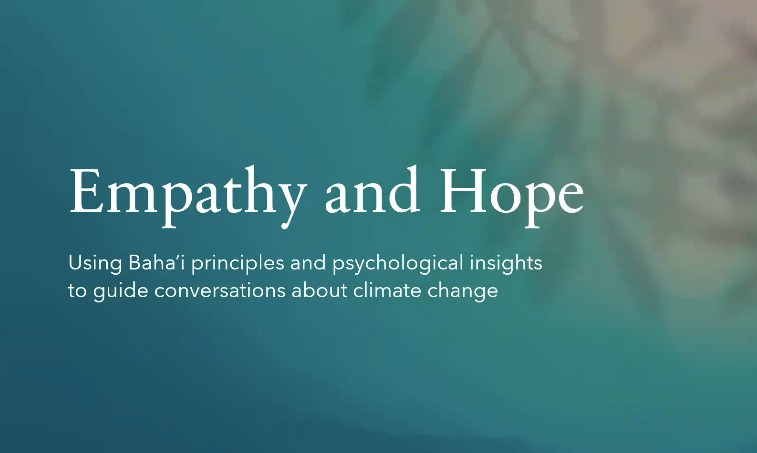

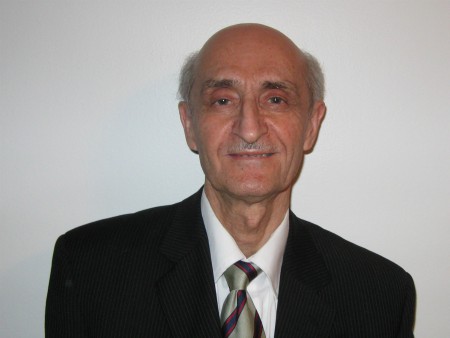
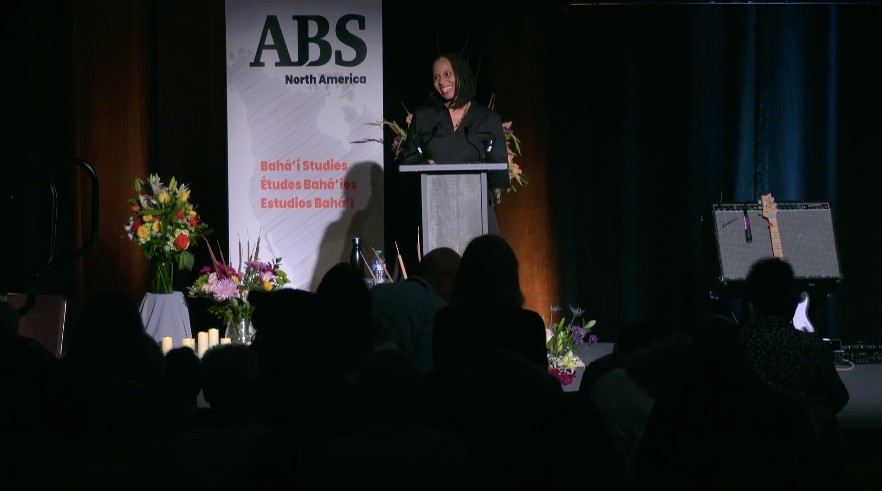























Thank you for posting this. Professor Payam Akhavan is certainly walking the talk by speaking up. He is very special to me.
Hooshang S. Afshar (March 3, 2018 at 10:47 PM)
Great talk! Again from Dr. Akhavan. Thank you.
Criselda R. Figuerres (March 3, 2018 at 1:08 PM)